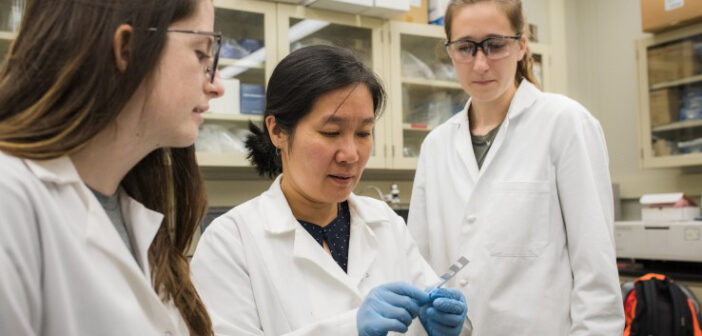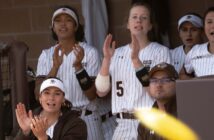In August, Lehigh became part of one of the five new regional U.S. National Science Foundation (NSF) I-Corps Hubs: the Northeast Region I-Corps Hub.
I-Corps Hubs offers an educational entrepreneurial experience where students and faculty can undergo the process of turning their research into a business.
Dr. John Coulter, the lead principal investigator for the I-Corps grant representing Lehigh said I-Corps started as a way for people to put together a team to earn extra money.
“The idea was originally if your research led to something that may be an idea or an invention, why don’t we encourage more people to actually push towards startup companies?” Coulter said. “Many people have all the research, understand the research very well, but they don’t understand how to start a company.”
Each I-Corps team has three members: the entrepreneurial lead, scientist and business mentor. The entrepreneurial lead is often the student and a faculty member is often a professor.
Dr. Alan Snyder, the vice-president and associate provost for research and graduate studies, said this structure allows for a unique experience where students and professors can interact on an equal playing field as learners.
Coulter said the goal of the regional I-Corps hubs is to promote entrepreneurial, science and technology-based activity throughout the country by focusing on regional groups.
Rick Smith, director of technology transfer and former mentor of an I-Corps team, said by being an NSF I-Corps hub, Lehigh can effectively connect the teams to a broader network.
“We’re able to leverage the expertise from larger universities like Princeton and Rutgers to help faculty that have any interest in learning the I-Corps program, go through the classes, and potentially start a company,” Smith said.
Typically, both the faculty and students involved in I-Corps do not have any experience in the entrepreneurial world, so they are on the same playing field, Snyder said.
Coulter said this program makes faculty better teachers. Even if they don’t end up starting a company, they grow and change through the process.
Coulter took part in an I-Corps team from the National Institute of Health several years ago and recalls the key experience where his team had to interview one hundred potential customers.
“You don’t say, ‘Here’s my research, and this is what it’s good for, do you want to buy it?’” Coulter said. “Instead, the question is to the customer: What are your current problems and needs, and what kind of a solution do you think would help you solve some of your problems and meet your needs?”
Coulter said by listening to what the customer needs can help the team pivot their idea.
Snyder noted that this key experience I-Corps teams go through helps them appeal to investors and get their businesses funded.
“It puts them through what can be a pretty tough process of taking something they’re really excited about and determining whether the world of people who might buy the product or not are as excited about it as they are,” Snyder said.
He said after the process they will come out with more finely tuned ideas, be in a better position to answer questions and have an easier time gaining funding.
While Smith said the program is intense, he notes that it is a very wonderful program that teaches the teams a lot about entrepreneurship.
“It’s not a one and done,” Coulter said. “You can do it with one team and then come back two years out with a different idea, with a different team and try it out, so it’s a lot of fun. By definition, it’s working out of your comfort zone.”






Comment policy
Comments posted to The Brown and White website are reviewed by a moderator before being approved. Incendiary speech or harassing language, including comments targeted at individuals, may be deemed unacceptable and not published. Spam and other soliciting will also be declined.
The Brown and White also reserves the right to not publish entirely anonymous comments.